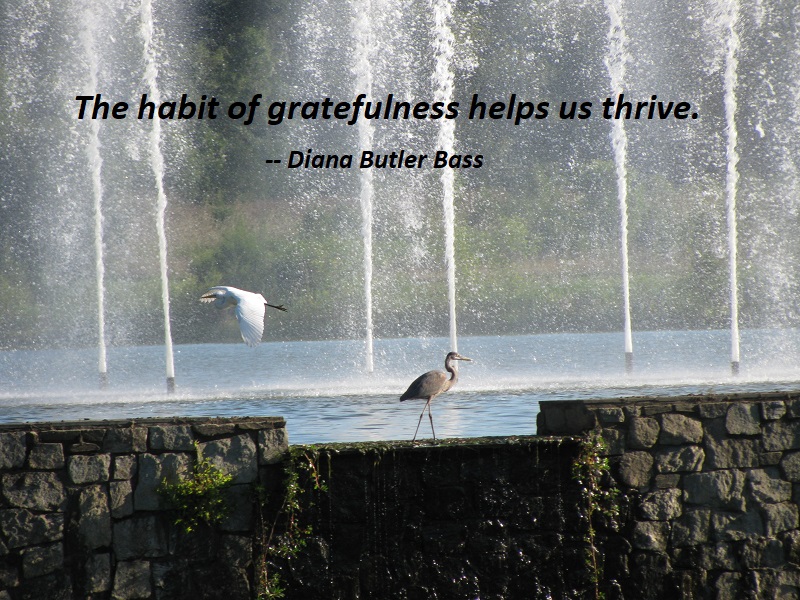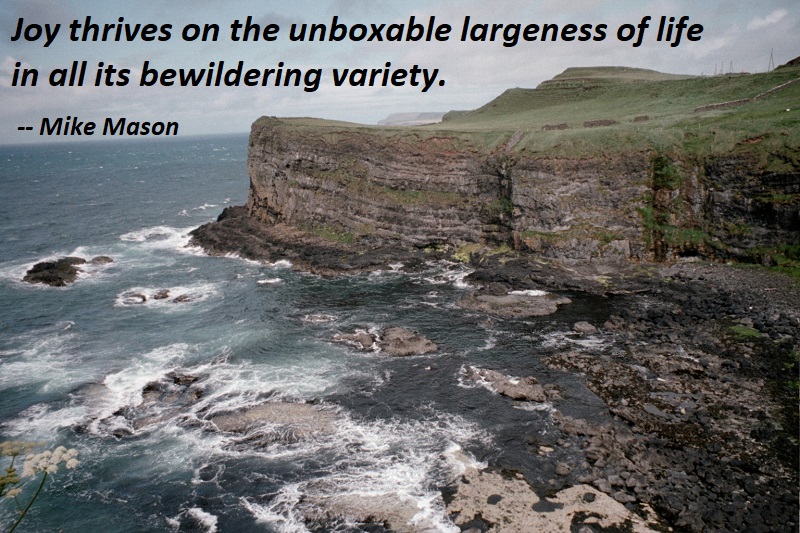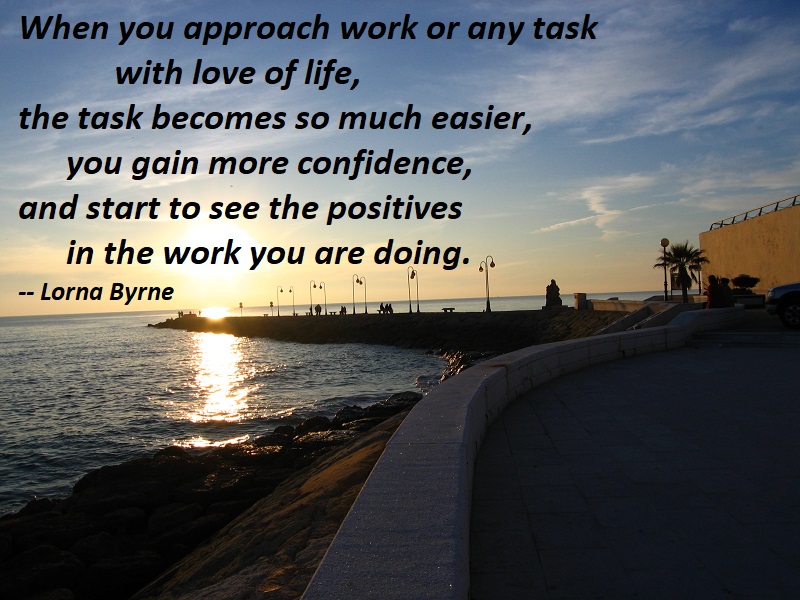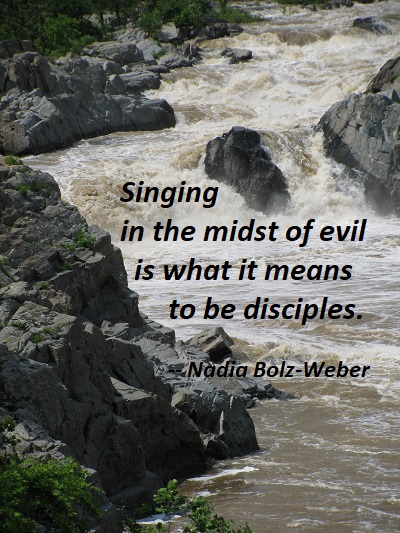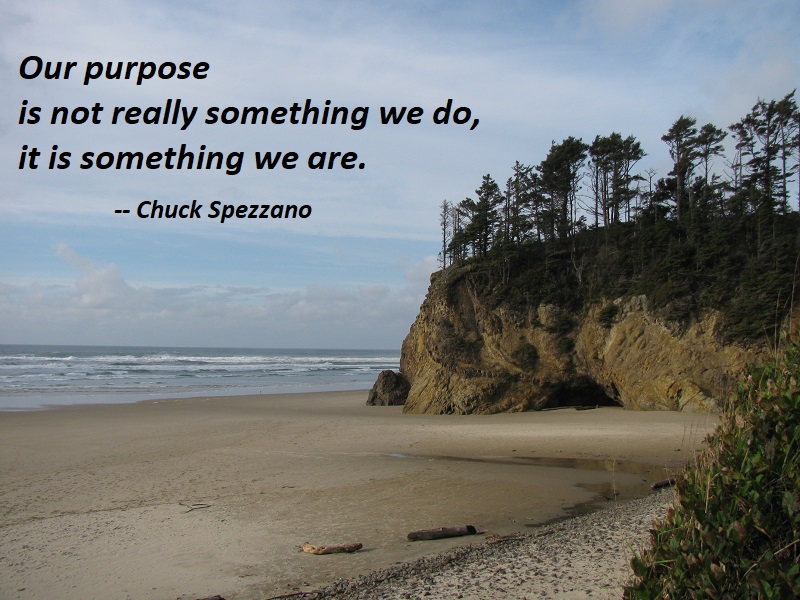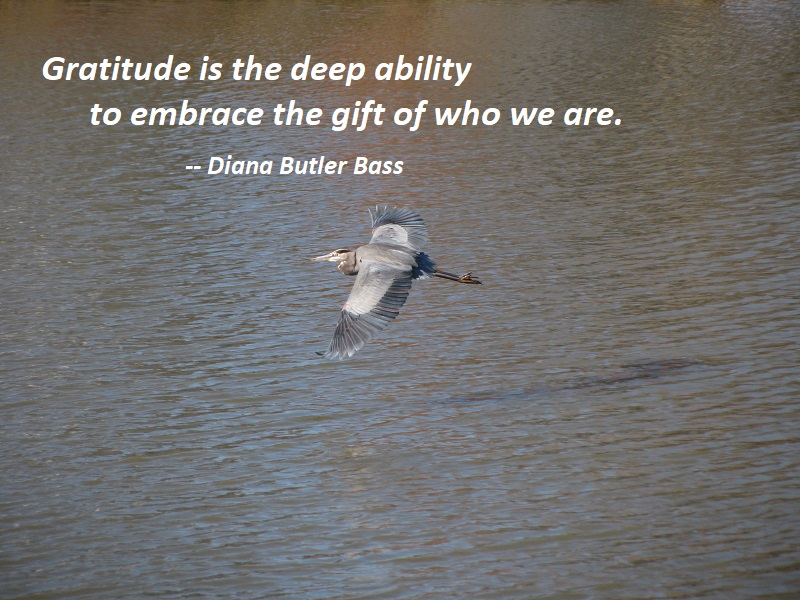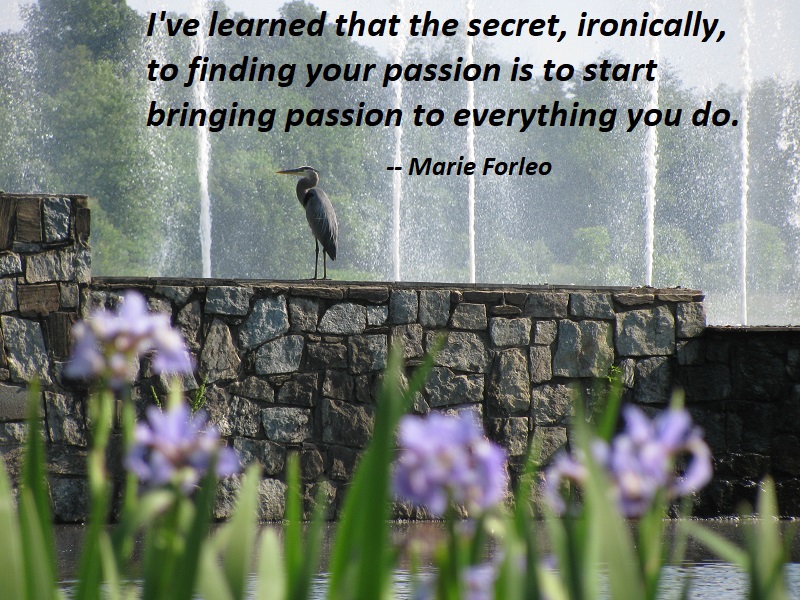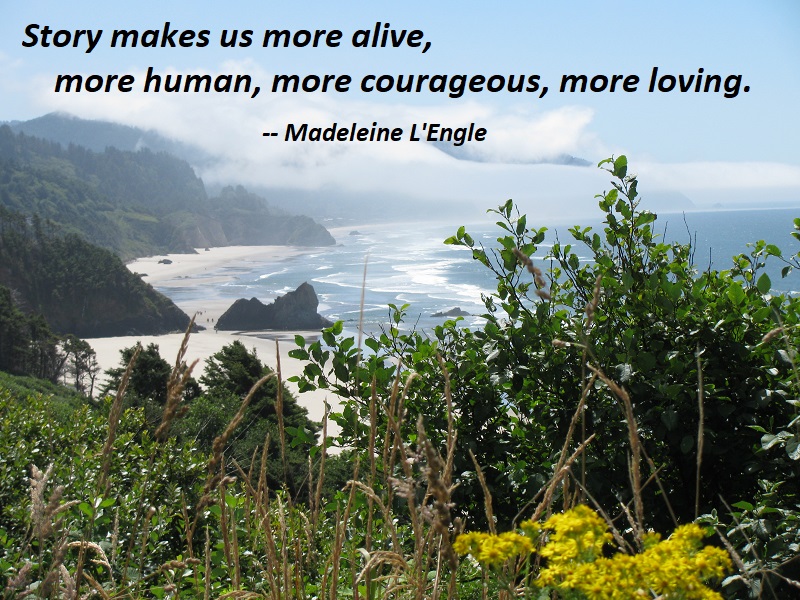Deciding to Love Life
You have to make a conscious decision to love life. It won’t happen on its own and no one else can do it for you. One way to help you become conscious of your own love of life is to do as this young man did, and remember the times you felt it in your own life.
Like him, many people have gotten into the habit of not loving life. I don’t think it happens deliberately, but it seems to be a habit that comes easily. It’s a habit, though, that has a seriously destructive effect on our lives, and erodes so much of our potential for happiness. We need to break this habit by starting to see the little joys that are in our lives. I meet mothers who see their lives as one chore after another, and forget to see all the moments when they really love being a mother. When we allow ourselves to love life we get energized mentally and physically, and start to see more purpose in our lives. We become happier and healthier people, more able to cope with whatever life throws at us. We become more compassionate and loving, less judgmental.
— Lorna Byrne, Love from Heaven, p. 115
Photo: Meadowlark Gardens, Virginia, April 3, 2012

